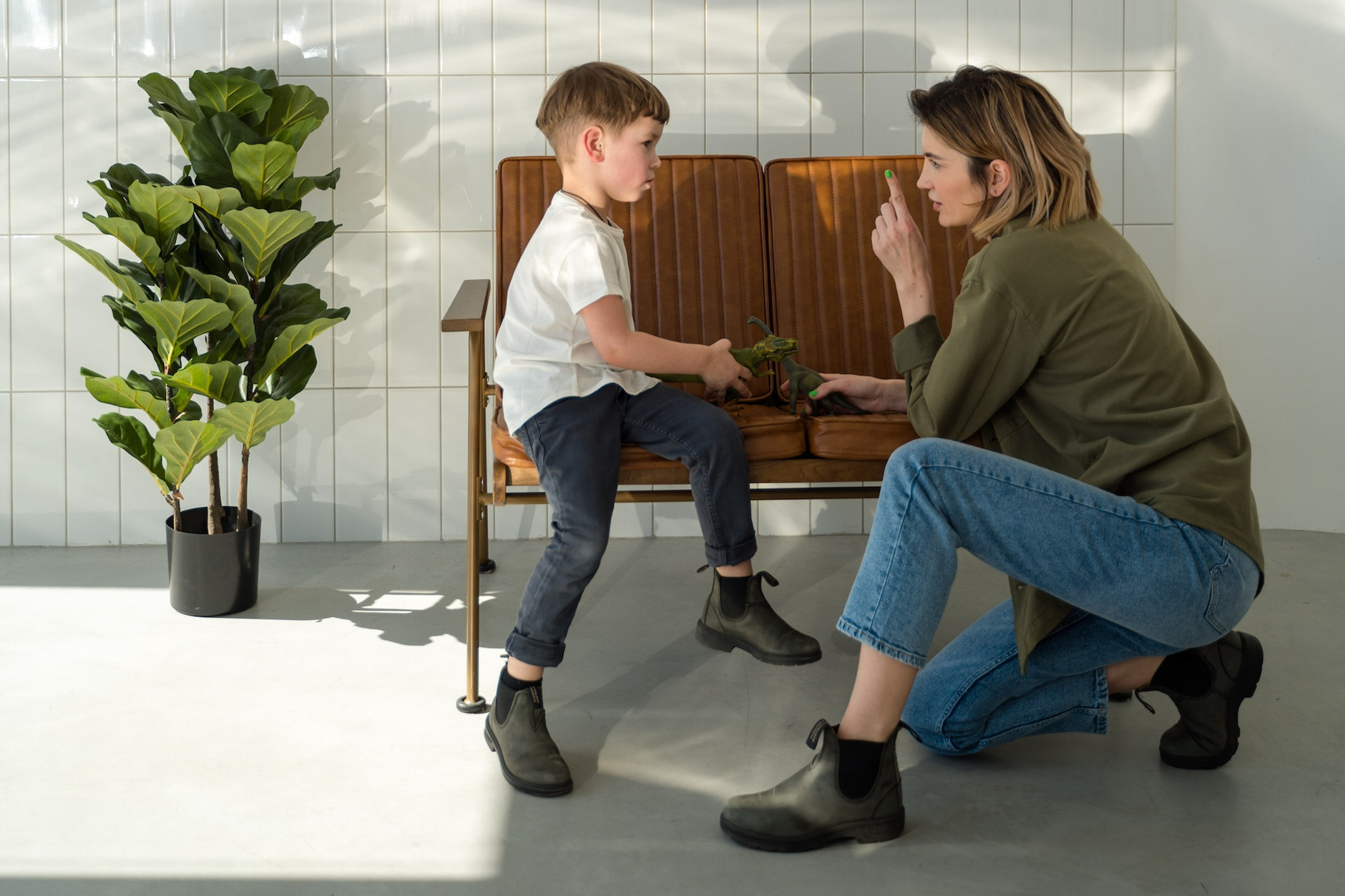The tween years can be brutal. One minute a mother is looking at her 'seemingly' little child, the next they are getting a teenage-type attitude with her. That is the age group of 9-12, the between years, which is shortened now to the tween years. This is an awkward stage. Children start gaining a little independence; puberty knocks on the door. It's a bit of a roller coaster of emotions.
Parenting tweens can be challenging for parents, because their 'little kid' who liked to cuddle, learn about the world around them, and was generally happy has suddenly been replaced with a moody, impulsive, physically maturing little human says Dr. Dipesh Navsaria, associate professor of Pediatrics at the University of Wisconsin School of Medicine and Public Health. As frustrating as this might be sometimes for parents, it is all developmentally normal.
This is a confusing time as well, so it's not uncommon for children to pull back from their parents and not feel as comfortable sharing things with them. Their bodies are physically changing, and they might start to develop feelings that they never had before. Hormones start to come into play and cause emotional instability. All of this put together can be a recipe for disastrous behavior.
However, instead of feeling like they have to constantly discipline their child, parents can try some non-disciplinary approaches, to try and keep the peace.
10 Make A Clear List Of Expectations
According to Michigan State University, boundaries and rules for children are not meant to rein them in; but rather to help them grow up healthy. Kids who think they can do whatever they want, whenever they want; and never get in trouble, tend to be the ones who act out by whining or throwing a tantrum when their demands aren't met.
Hal Runkel, a family therapist, author, and keynote speaker on Scream Free Parenting says children who understand that they live in a home with well-defined boundaries learn how to self-regulate and respect limits.
9 Model The Behavior You Want To See
Parents are not always aware that their children are watching them. It might seem like a tween isn't listening, but they often hear everything. They see things too. Even a parent's body language can rub off on them. Everything parents do and say gets locked away in a memory bank. That is what makes modeling the behavior they want to see so important. If a parent is always yelling, or never satisfied with anything, the child is likely going to have a similar temperament.
8 Talk Out The Behavior
Stay calm and pick the right moment are two useful tools when talking to a tween about their behavior. This will help the conversation flow better. It can also help to focus on the child's behavior instead of the child themselves. For instance, instead of saying, "You're so disrespectful!" You could try saying something like, "It really hurts my feelings when you act disrespectfully towards me."
7 Build Problem-Solving Skills
One reason some children misbehave is that they feel frustrated, helpless, and powerless. Robert Brooks, Ph. D, coauthor of Raising a Self-Disciplined Child, says, when you give children the tools they need to figure things out on their own, they will behave better because they'll be better equipped to take care of themselves. They won't come screaming at you or acting out every time they encounter a challenge.
6 Use Praise Often
Whether it's making the bed, helping set the table, or letting their sister play with his blocks, make sure you reinforce rule-following by celebrating your child's successes; says Larry J. Koenig, Ph.D., author of Smart Discipline. Just because it is expected that a child makes their bed in the morning doesn't mean a parent shouldn't praise them for it. The same goes for chores; thanking a child for doing their chores shows appreciation and teaches kids common kindness.
5 Build Resilience/Try again Attitude
It certainly is sometimes easier to just do something for a pre-teen instead of waiting for them to do it or figure it out. It's important, however, to make sure they build resilience and keep pushing forward. The tween years are full of change. Getting upset and frustrated is going to happen. Having the tools to overcome those emotions and persevere will lead to happier, more confident children.
4 Practice Patience
Patience is a virtue. Not for tweens, necessarily, though. Waiting is hard, even for adults. Tweens have grown up in the electronic era. They are used to instant gratification. That's why it's especially important for parents to instill and foster patience. Inpatient kids can often act out or get an attitude.
3 Teach Empathy
Parents probably can't count on fingers and toes how many times they have intervened in a blow-up caused by siblings simply being unkind to one another. Not sharing, not caring, not listening, and name-calling are all examples of hurting someone's feelings. Reinforcing the fact that everyone has feelings or teaching the golden rule are good things to try when teaching empathy.
2 Let Them Make Decisions
Giving children choices and letting them make decisions empowers them. When children are fighting, they can also make decisions. If a parent steps in and calmly asks how they could do things differently instead of screaming, they might be surprised at what their tweens come up with.
1 Less Is More, Let Them Think It Through
Cognitive thought expands in the tween years. Tweens start to:
- Shift from concrete thinking to abstract.
- Understand and apply logic.
- Become aware of new concepts.
- Start to understand cause and effect.
Letting them use this new-found development will build their confidence and help keep them from being angry and powerless.
Sources: Dr. Dipesh Navsaria, Michigan State University, Hal Runkel, Robert Brooks, Ph. D, Larry J. Koenig, PhD



.jpg)


.jpg)



